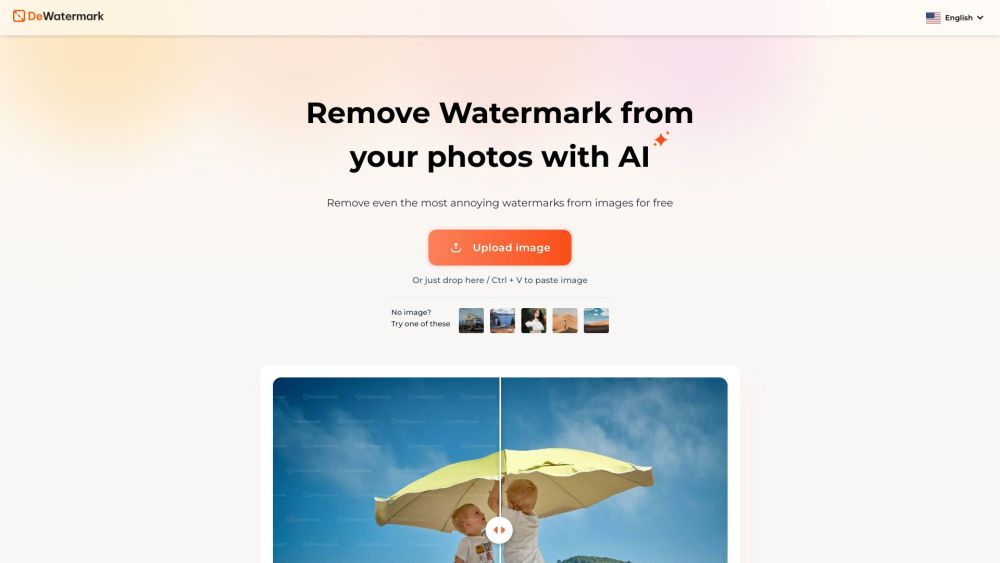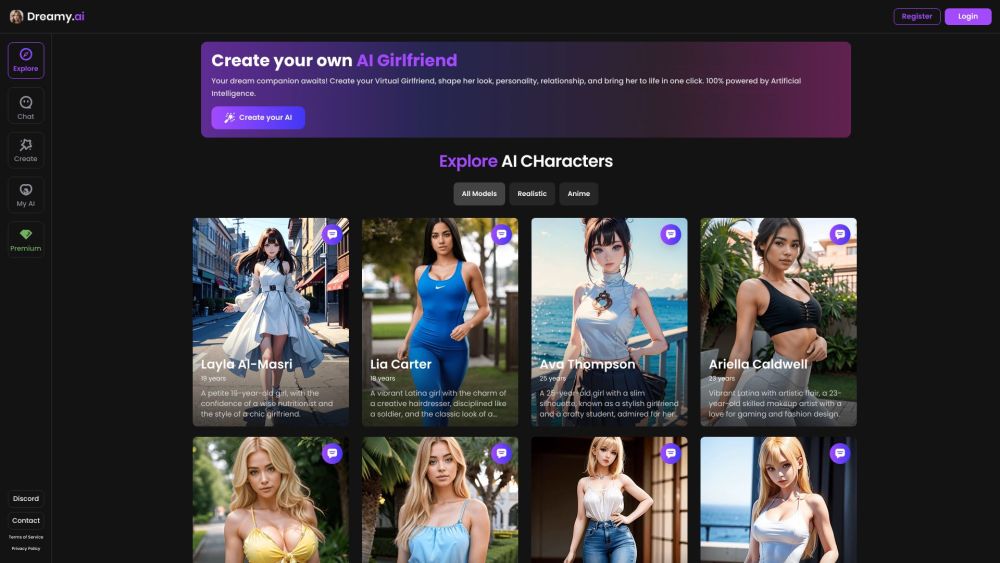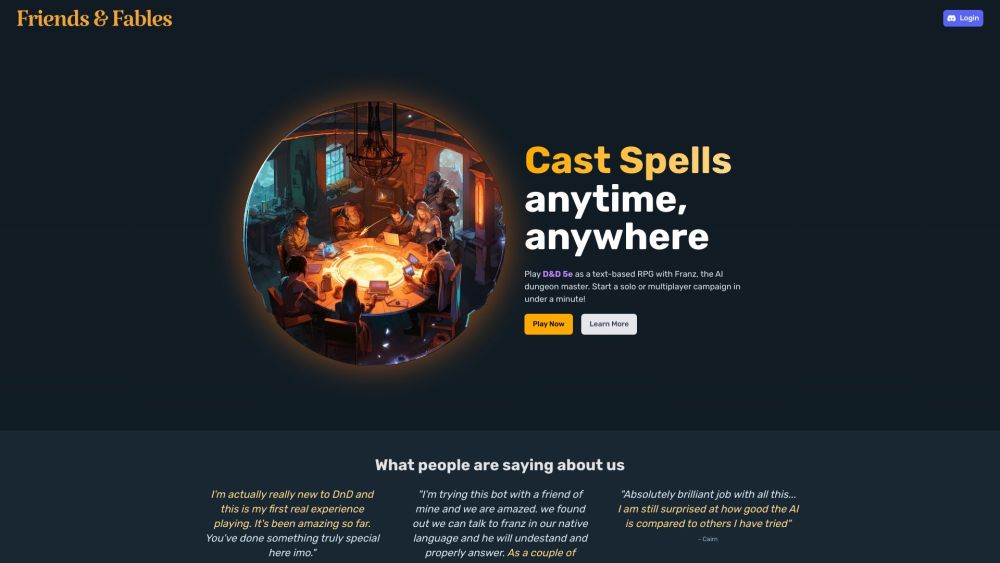As interest in the cryptocurrency sector surges, funding for innovative startups is following suit. 0G Labs, a web3 infrastructure company, recently announced it has successfully raised $35 million in a pre-seed funding round, as exclusively reported.
While $35 million may seem substantial for a pre-seed round, it's indeed an impressive achievement. "Initially, we aimed for $5 million to develop our core technology," shared co-founder Michael Heinrich.
0G, also known as ZeroGravity, is on a mission to develop a modular AI blockchain designed to address key challenges faced by on-chain AI applications within the web3 ecosystem, such as speed and cost-efficiency. Its competitors include Celestia and EigenLayer, both of which emphasize modular architecture.
By leveraging modularity, developers can select the specific components needed to construct a blockchain system or application, much like customizing an order at a restaurant. This flexibility allows developers to tailor the components to meet their unique requirements.
"Our vision is to enable any blockchain to function as efficiently and affordably as a web2 application," Heinrich explained. "The modularity approach delivers that advantage."
In contrast, Ethereum operates as a monolithic blockchain, which integrates data and consensus layers, hindering customization. Heinrich noted that to incorporate existing centralized AI technologies, a foundational infrastructure must first be established.
When co-founders Heinrich, Ming Wu, Fan Long, and Thomas Yao initially came together, they engaged with various industry players and identified a "clear market signal" regarding the critical need for improved data availability and storage. "To scale blockchain systems and realize on-chain AI, we recognized that essential infrastructure was missing, and we committed to developing it," Heinrich remarked.
The investor community quickly recognized this critical opportunity, leading to numerous term sheets being extended. "After selecting Hack VC as our lead investor, the demand surged, and we became 20x oversubscribed, garnering over $100 million in interest. We partnered with investors who could provide the most value," Heinrich added.
Over 40 crypto-focused investors participated, including notable names such as Alliance, Animoca Brands, Delphi Digital, Stanford Builders Fund, Symbolic Capital, and OKX Ventures. Although 0G has chosen not to disclose its valuation, Heinrich emphasized that the diverse cap table represents the ethos of the web3 community. "It's a collective effort driven by community values, which is why we decided to embrace additional capital to bring in the right partners."
The initial funding will be allocated to hiring engineers and enhancing 0G's market capabilities, community engagement, and ecosystem growth. Although the company does not currently have its own token, Heinrich noted, "As a web3 entity, we plan to release a token in the future, but further details will come later."
High Throughput Focused
The blockchain claims to deliver exceptional speed and low costs, with a focus on high security and throughput, or the network's capability to process numerous transactions within a specific timeframe. Its projected throughput stands at 50 Gbps, significantly outperforming competitors, which often operate at rates around 1.5 MBps.
A rapid data pipeline is essential for on-chain AI and gaming applications, as insufficient speed and efficiency lead to escalating costs. "Our previous solution wasn’t adequate, so we engineered an ultra-high-performance data pipeline," Heinrich stated.
Over time, 0G aims to achieve "infinite capacity," enabling it to spin up numerous consensus networks, similar to how Amazon Web Services allows developers to launch multiple servers as needed. A consensus network integrally aligns all blockchain nodes, ensuring they agree on a singular dataset.
New Use Cases on the Horizon
Upon launching its mainnet—a public blockchain ready for operations—any Web 2.0 application can run on-chain, Heinrich clarified, with plans for a Q3 release this year.
Heinrich envisions initial ecosystem participants to include layer-2 blockchains like Polygon and Arbitrum, which enhance the Ethereum ecosystem's scalability, and high-performance teams intending to develop decentralized applications that require high bandwidth and attract millions of users.
Furthermore, the company is poised to unlock previously unattainable use cases encompassing on-chain AI, gaming, and high-frequency decentralized finance (DeFi). The gas fees for transactions are currently "essentially negligible," paving the way for more diverse AI applications and addressing larger challenges on-chain.
In the short term, 0G plans to tap into various use cases, focusing on solving complex issues ranging from deepfake detection in AI to developing decentralized models for high-performance blockchain applications.
"We aspire for our solutions to serve the public good and cater to humanity in myriad forms," Heinrich concluded.




